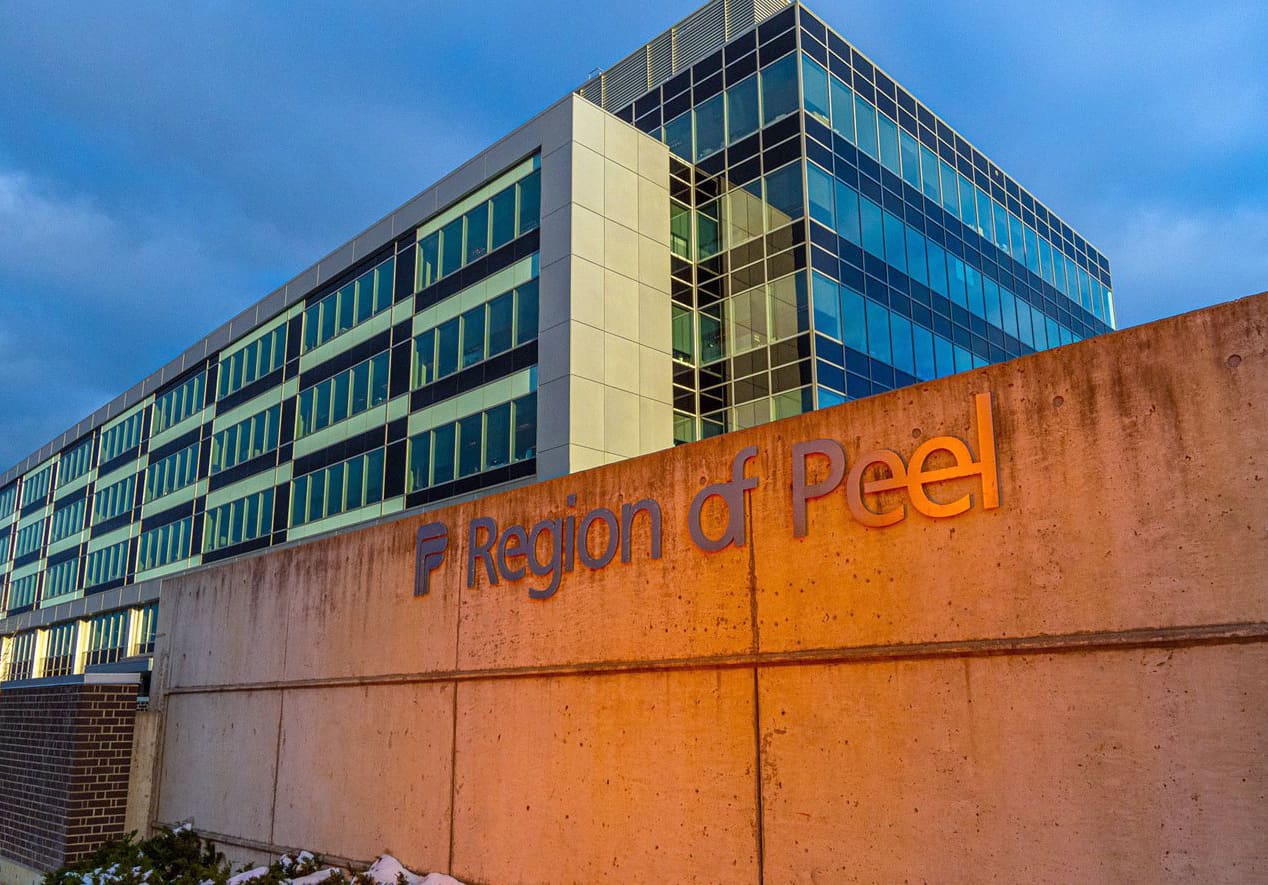Peel Region’s dissolution a ‘huge undertaking in such a short time’: Report
Published September 14, 2023 at 12:03 pm

A reported presented to Regional Council on Thursday expects a significant amount of work needs to be done in order to dissolve Peel Region by the expected deadline of 2025.
Bill 112, which was passed into law in June, will dissolve the Region and make Mississauga, Brampton and Caledon into separate, single tier municipalities.
A five-member transition board has been appointed to develop and submit a workplan to dissolve the Region by January 1, 2025, and the board’s term of appointment has been extended to June 1, 2025.
Despite efforts to minimize service impacts for residents during Peel’s dissolution, the report expects the process to be a “huge undertaking in such a short time” due to the size of the region and the services shared between its municipalities. According to stats presented to council:
- One in 10 people in Ontario live in Peel
- Peel Regional Police is the second largest in Ontario and 3rd largest in Canada
- Peel Paramedics is the second largest paramedic service in Ontario
- Peel Water is the second largest in Ontario and the fourth largest in Canada
- Peel utility rates remain 30 per cent lower than other GTA municipalities
- Peel Housing is the third largest community housing provider in Ontario
- Peel Public Health is the third largest in Ontario and one of the largest in Canada
- Peel Region roads carry 21 per cent of all goods movement GDP in Ontario
“To gain a deeper understanding of Peel’s anchor role in the community and the critical services delivered by approximately 6,500 Peel employees, a comprehensive onboarding was provided by Peel’s senior leadership team in August,” says the report presented by Gary Kent, chief administrative officer for the Region.
An updated timeline has also been presented to Council, with the first phase of the Municipal Financial Audit expected to include by this December.

To be conducted by Ernst & Young LLP (who were also retained to assess the financial impacts of Ontario’s More Homes Built Faster Act passed in 2022), the audit will examine the finances of Peel Region as a whole, Mississauga, Brampton and Caledon, as well as Toronto and Newmarket.
The findings of the audit “could be used to inform the work related to the restructuring and dissolution of Peel Region.”
The report says Peel’s Executive Leadership Team has been left wondering about certain issues that are currently unclear, such as how the community and staff will be consulted during the workplan submission process, and how relationships and two-way communications will be managed with Regional Council and with all four municipalities.
The issue of how the 2025 budget will be calculated and the decision-monitoring process for all four municipalities were also brought up.
“Staff remain committed to working with the Transition Board, the Ministry, colleagues in the local municipalities and the auditors to bring forward thoughtful, informed recommendations regarding Peel’s dissolution while ensuring the continuity of critical services and minimizing the impacts to Peel employees, residents, businesses, and community,” the report concludes.
Passed in June 2023, Bill 112 (also referred to as the Hazel McCallion Act after the late mayor’s wish for Mississauga to leave Peel Region) was presented as a way to help speed up development approvals and ensure municipalities “have the tools and autonomy they need to deliver on local priorities, including meeting the ambitious housing pledges they have agreed to.”
There are currently no studies that suggest taxpayers’ dollars will be saved overall or staffing levels reduced through the dissolution, according to the report.
The full Sept. 14 report can be viewed here.
With files from Karen Longwell
INsauga's Editorial Standards and Policies